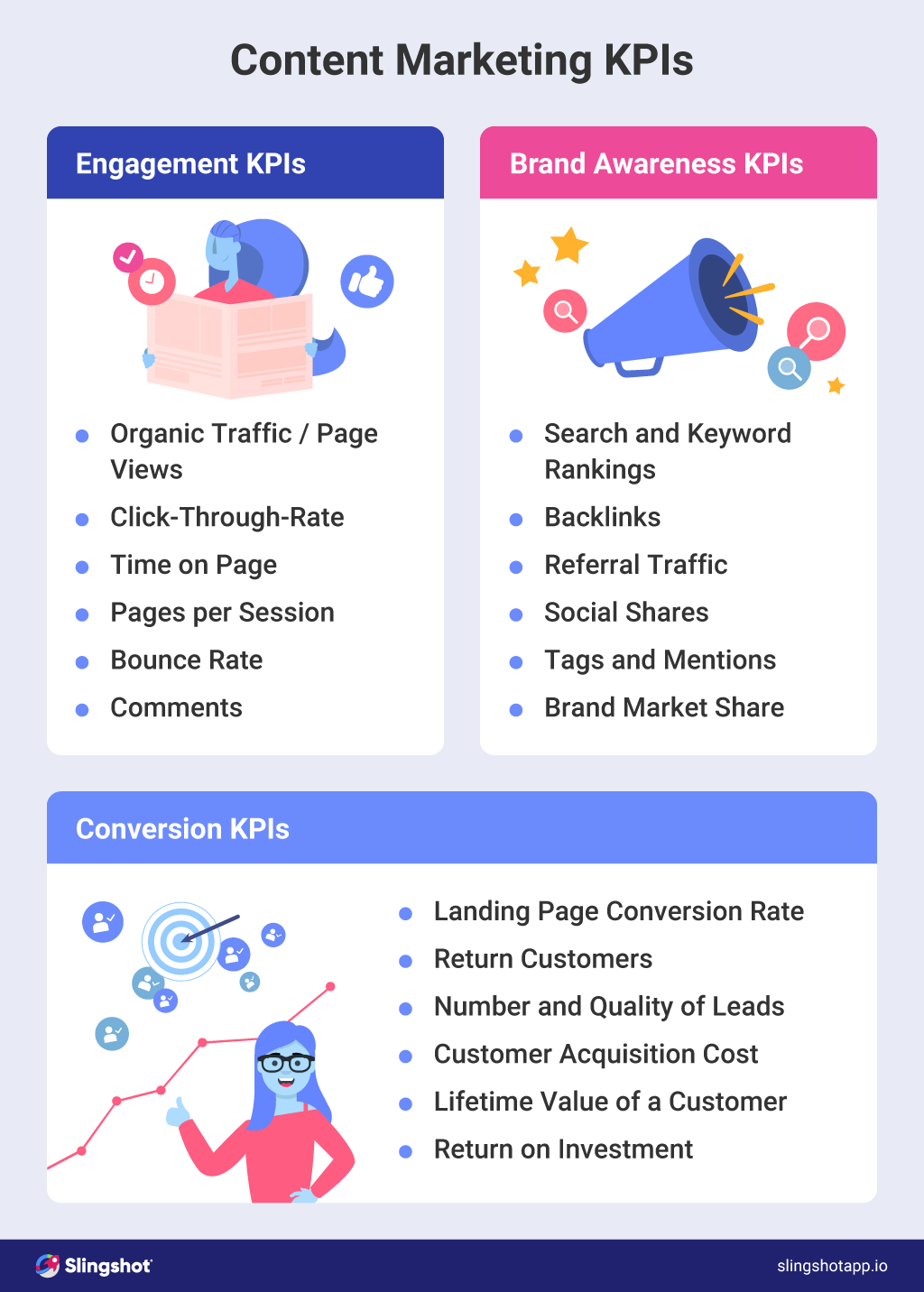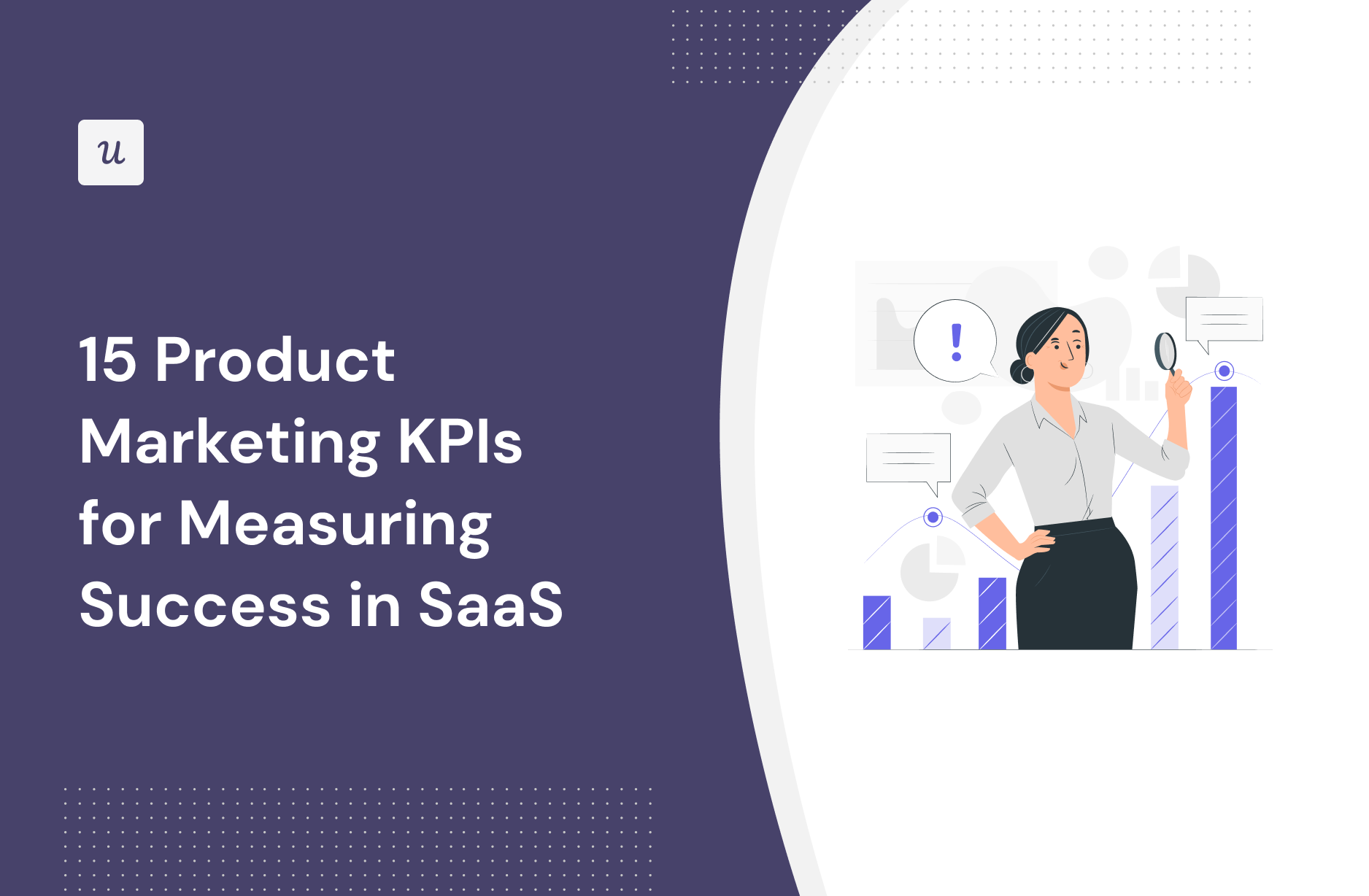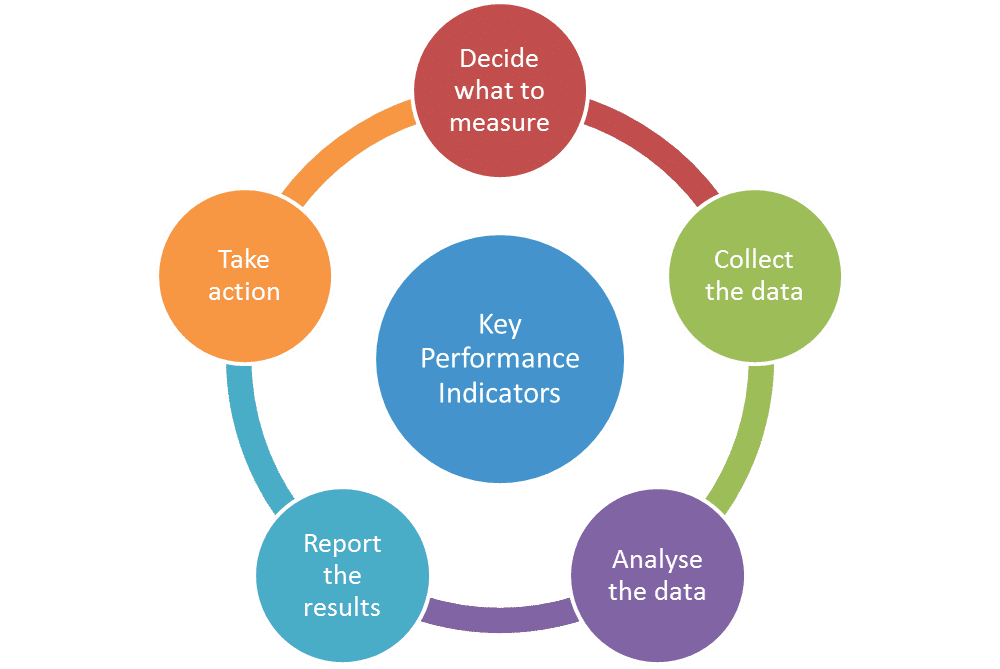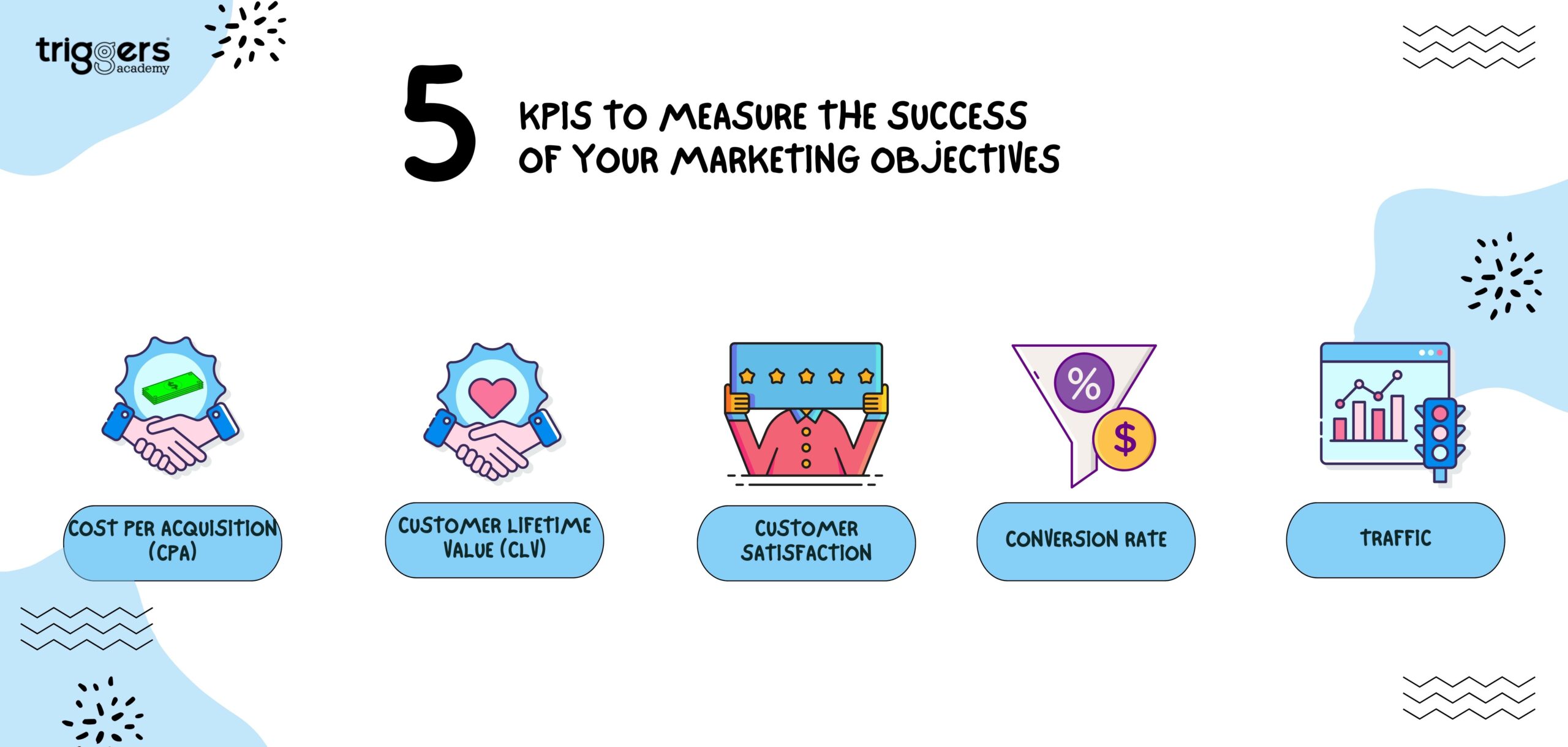Key Performance Indicators (KPIs) and analytics are essential for measuring marketing success by quantifying how well marketing efforts achieve specific business goals.
Common and critical marketing KPIs include:
- Impressions: Number of times content or ads are displayed, indicating reach.
- Click-Through Rate (CTR): Percentage of viewers who click on a link or ad, measuring engagement effectiveness.
- Conversion Rate: Percentage of users completing a desired action (purchase, signup), reflecting campaign effectiveness.
- Cost per Lead (CPL) and Customer Acquisition Cost (CAC): Metrics showing how much is spent to acquire a lead or customer, important for budgeting and ROI optimization.
- Return on Investment (ROI): Profit generated relative to marketing spend, a key indicator of overall marketing efficiency.
- Sales Revenue Attributed to Marketing: Revenue directly linked to marketing campaigns, showing financial impact.
- Traffic-to-Lead Ratio: Measures how well website traffic converts into leads, indicating funnel efficiency.
- Marketing Qualified Leads (MQLs) and Sales Qualified Leads (SQLs): Metrics tracking lead quality and readiness to buy, important for sales alignment.
- Customer Lifetime Value (CLTV): Total revenue expected from a customer over time, useful for long-term strategy.
- Organic Traffic and Search Engine Rankings: Indicators of SEO success and brand visibility.
Analytics tools like Google Analytics and marketing automation platforms help track these KPIs in real time, enabling data-driven decision-making and campaign adjustments.
To measure marketing success effectively, organizations should:
- Set clear, specific goals aligned with business objectives.
- Define relevant KPIs tailored to those goals and the marketing channels used.
- Establish a measurement schedule to track progress consistently.
- Analyze data to optimize campaigns and improve ROI over time.
In summary, measuring marketing success involves selecting the right KPIs—such as conversion rate, CAC, ROI, and sales revenue—and using analytics to monitor and optimize marketing performance continuously.





